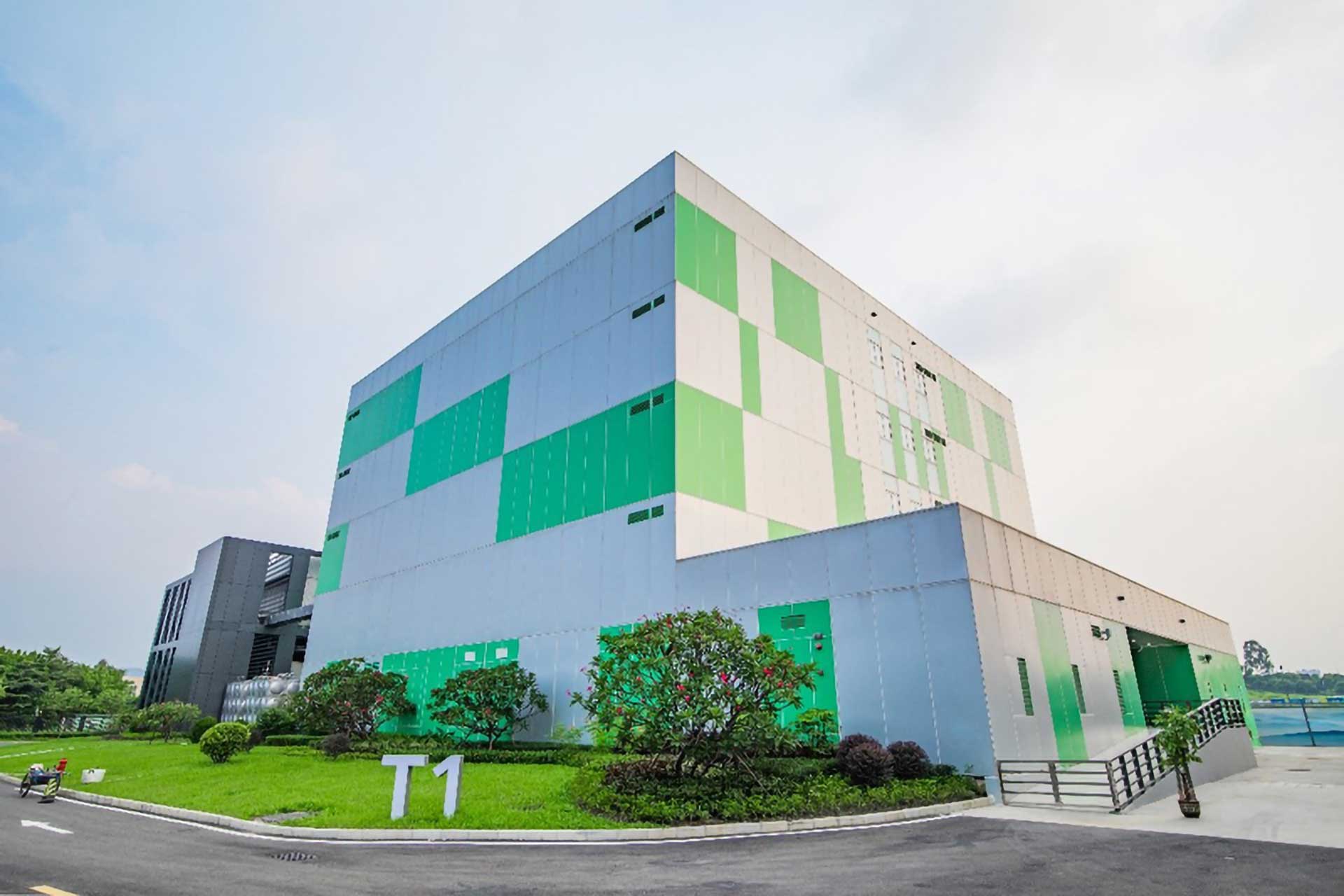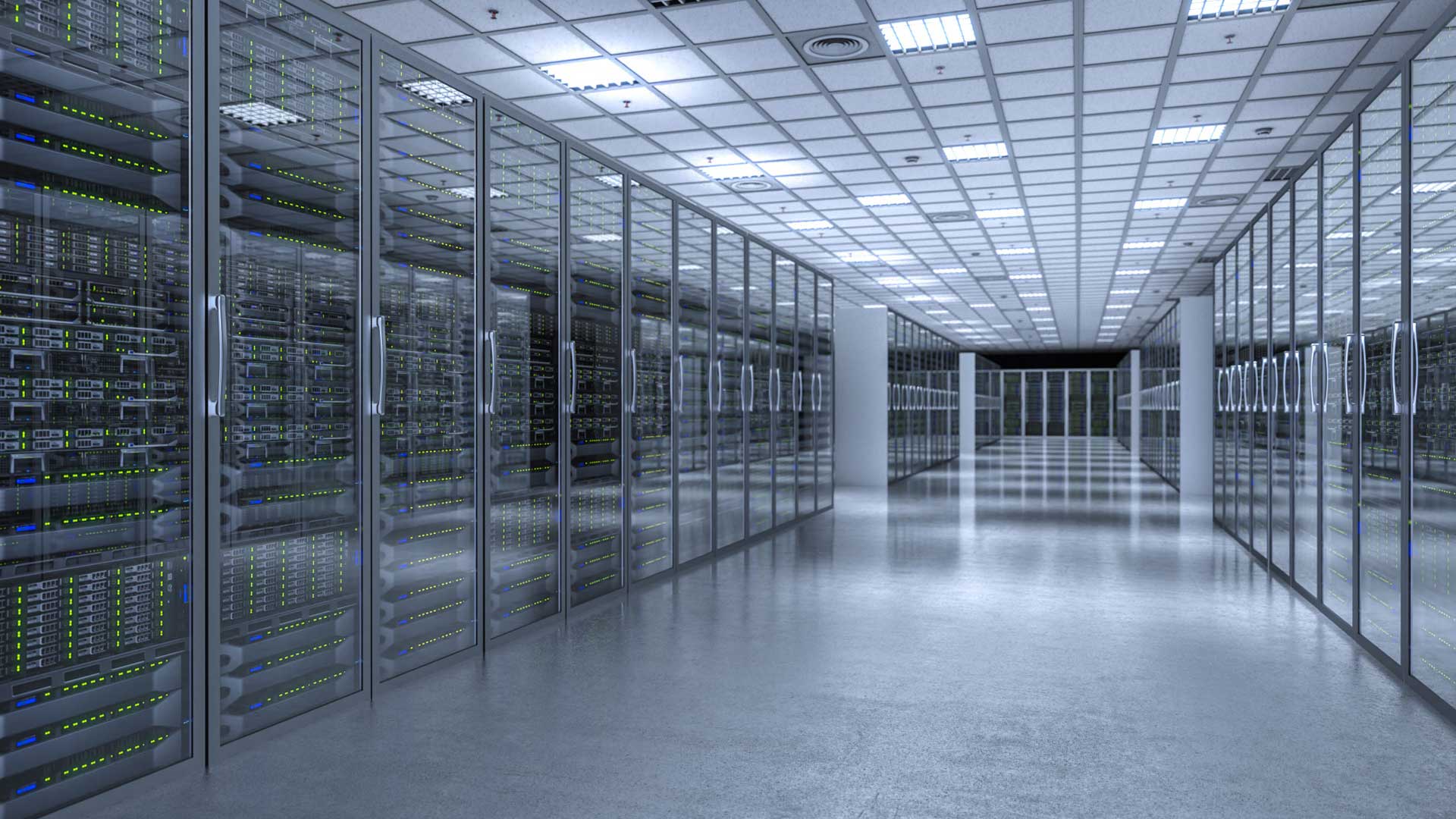RESPONSIBILITY & AUTHORITY:
1) To design mechanical & electrical (M&E) system, ELV system & monitoring system for data centre, data centre M&E rooms (such as transformer room, genset room, UPS room and switchgear room) and data centre ancillary rooms (such as telco room, fire cylinder room, staging room, storage room, crisis room and control room)
2) To perform detailed design & calculations for the mechanical & electrical systems based on Data Centre Site Infrastructure Tier Standard, International/Local Mechanical & Electrical Standards and Local Authority Handbooks & Guidelines.
3) To utilize computer-aided design (CAD), engineering softwares & tools to perform engineering tasks.
4) Assists in the development and implementation of marketing plans and materials.
5) Creates and conducts proposal presentations and RFP responses.
6) Responsible for providing professional technical response for critical infrastructure solution of data center & etc.
7) Responsibility for pre-sales technical support (such as attending site survey, technical meeting and etc.) & expertise in implementation of customer applications associated with UPS system, power distribution system, Cooling solution, and other related products/solutions etc
8) Providing the solution and the bidding document etc.
9) To prepare costing for tender and/or enquiry submission.
10) Reporting to the Head of Solution Department & Senior Manager
SUPERVISION
- Receives general supervision from the Head of Solution Department & Senior Manager
EDUCATION
- Degree in Electrical or Mechanical Engineering or related engineering field.
REQUIREMENT
- Minimum 2 years of experience in related field (fresh graduate is welcome)
- Basic understanding of mechanical/electrical design & calculations
SUBMISSION
siti@greenbayces.com (for positions based in Shah Alam)






